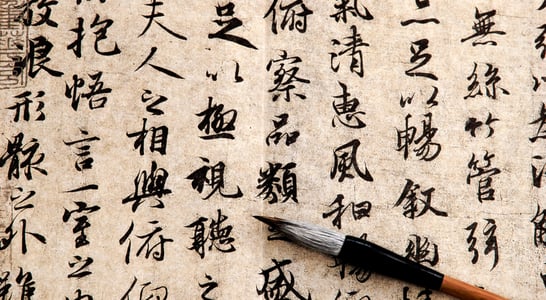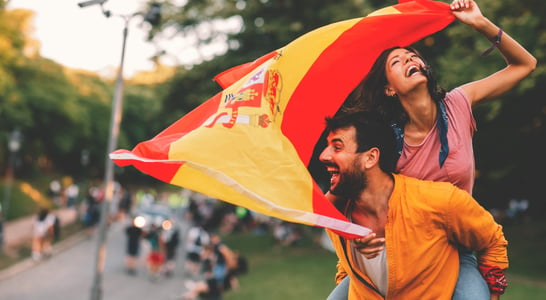
World Kiswahili Language Day
Exploring the rich linguistic tapestry of East Africa, Kiswahili's expressive nuances mirror the region's cultural diversity and history.
Kiswahili Language Day respects the African continent’s rich cultural heritage and linguistic diversity. This annual occasion is not just a celebration of a language but recognizes the key role of the Kiswahili language in fostering unity, peace, and multiculturalism worldwide.
How to Celebrate Kiswahili Language Day
Celebrating Kiswahili Language Day can be both enlightening and enjoyable. Here are some ways to honor this wonderful occasion:
Learn Basic Kiswahili Phrases
Start with simple greetings like “Jambo” (Hello) or “Asante” (Thank you). There are many YouTube videos and apps available for beginners.
Attend Kiswahili Cultural Events
Look for events organized by local African communities or educational institutions. These events often include traditional music, dance, and even fun storytelling in Kiswahili.
Read Kiswahili Literature
Delve into the rich world of Kiswahili literature. Start with classics like “Utendi wa Tambuka” or contemporary works by authors like Shaaban Robert.
Cook Traditional East African Cuisine
Kiswahili is widely spoken in East Africa. Celebrate by cooking dishes like Ugali, a white corn flour dish, often rolled into small balls and eaten by hand. Perhaps you’d enjoy Pilau, a fragrant rice dish seasoned with herbs and spices. Another popular dish is Samaki wa Kupaka, a delicious grilled fish topped with a well-seasoned coconut sauce. Check out recipes online – then invite friends to try authentic African cuisine.
Participate in Online Campaigns
Engage with social media campaigns promoting Kiswahili. Share posts, videos, or even your efforts at learning Kiswahili. Use the hashtag #WorldKiswahiliLanguageDay
Educational Workshops and Seminars
Participate in or organize workshops focusing on the history, evolution, and current relevance of Kiswahili in global communication.
Support Kiswahili Artists and Creators
Purchase and promote art, music, and other creative works by Kiswahili-speaking artists.
Language Exchange Meetups
Join or organize a language exchange meetup where you can practice Kiswahili with native speakers and teach them your language in return.
History of Kiswahili Language Day
The formal recognition of Kiswahili Language Day began in November of 2021 at the 41st Session of UNESCO (the United Nations Educational, Scientific, and Cultural Organization) in Paris. They recognized the significant role Kiswahili plays in promoting cultural diversity, awareness, and dialogue among civilizations. As a result, they recognized World Kiswahili Language Day. This resolution marked Kiswahili as the first African language to receive such an honor from the United Nations.
The choice of the date of the celebration holds historical significance. On this day in 1954, the Tanganyika African National Union, led by Julius Nyerere, declared Swahili as a crucial tool in their fight for independence. This decision highlighted the language’s role in African politics and history and its potential to unite people across national boundaries.
How important is Kiswahili? Over 200 million speakers make it one of the most widely spoken African languages. Its roots trace back to the Bantu people. Over the centuries, it has evolved, picking up additional elements from various cultures and languages. Kiswahili truly reflects the dynamic nature of African history and society.
Also on ...
View all holidaysWorld Chocolate Day
Milk chocolate, dark chocolate, white chocolate…chocolate milk, truffles, Snickers, chocolate cake…indulge in any of the many kinds of chocolate out there.
National Macaroni Day
Grab a box of Kraft macaroni and cheese, try making your owned baked gourmet mac n’ cheese from scratch, or get creative with macaroni arts and crafts.
We think you may also like...
Chinese Language Day
Fire up Duolingo, Rosetta Stone, or sign up for a language class to learn the world’s second most widely spoken language, which dates back as far as 1250 BCE.
German Language Day
Experience the language and beautiful culture of Germany. From "Guten Tag" to "Auf Wiedersehen", German is a language worth exploring.








